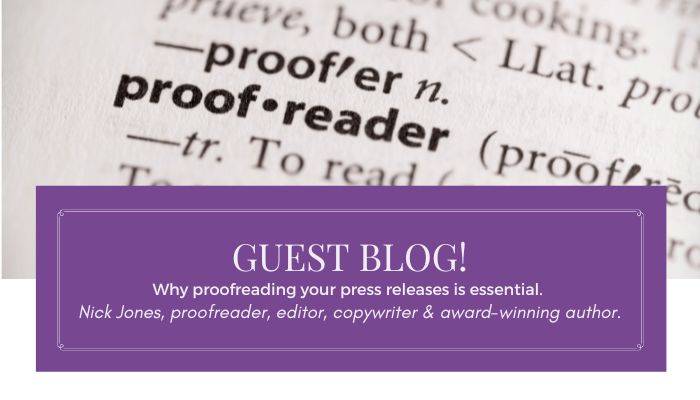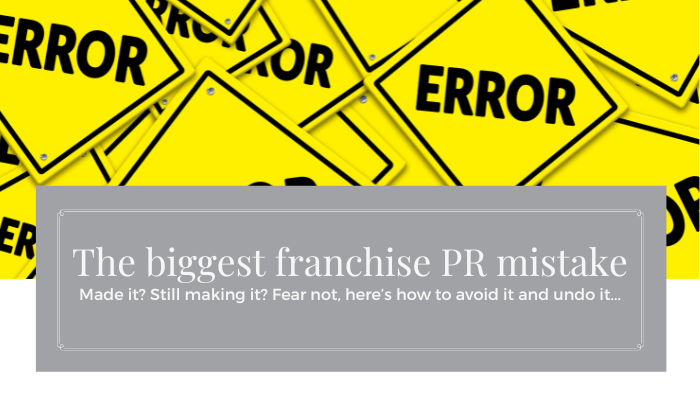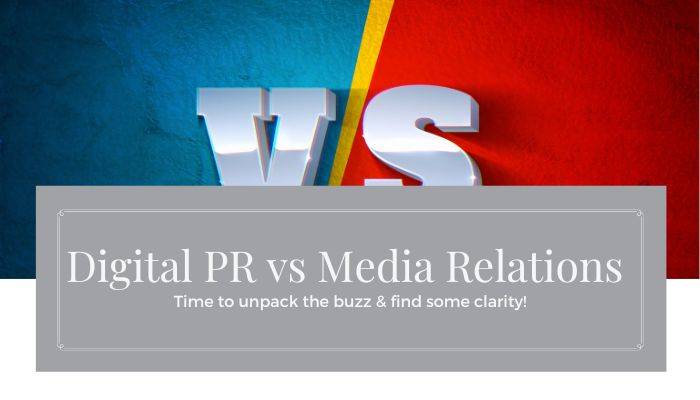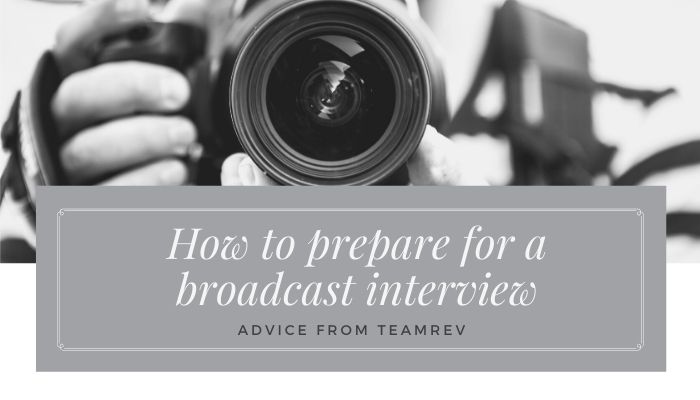You’ve done it – you’ve finally secured a television or radio interview. That’s great! Or is it? Suddenly you’re struck with thoughts of: what do I wear? What if I mess up what I’m saying? What if I just simply freeze? You’ll be happy to know that these things are normal, as most people won’t have had any media training for situations like this. It can a feel like a very daunting proposition but with a little preparation and some sensible guidance, a broadcast interview can be a roaring opportunity for your business. And enjoyable to boot.
Luckily, TeamRev are on hand to dish out a few nuggets of wisdom to help you prepare, keep your cool, take advantage of the opportunity and maximise its potential. We liaise with journalists, reporters, producers and presenters every single day, so we know what really makes them tick.
Here are our top tips for making your interview a success.
You’re the expert.
In most cases, an interview will be as a result of a piece of news or advice that has been actively pitched in to the outlet – either by you or on your behalf. This means you know the topic at hand and know it well. You’ve been invited on as an expert to share knowledge and experience or your good news. Remember this when the nerves start to kick in. With this in mind, it’s sensible to recap on any stats you might need or are likely to be asked.
Don’t blag it.
Importantly, if you don’t know the answer to something, don’t feel that you have to answer – an error or mistruth is far worse than just being honest. If you don’t know, say so and offer to confirm it afterwards.
Stay on brand.
This is especially important if you’re a brand spokesperson, not the business owner – but it still applies to both! Be sure to have checked in advance what is and isn’t sanctioned by head office. It’s easy to get carried away in the moment.
Keep it simple.
In most cases, the audience will not know anything about who you are or what you do. If you try to describe what you do in technical terms, the likelihood is that people will switch off. The best way to combat this is to speak in layman’s terms. Keep things nice and simple so people can understand what you’re saying and how it relates to them.
Give the interviewer time to finish their question; don’t talk over the top of them in your eagerness and take a breath before you answer to compose yourself. Remember a second or two might feel like a really long time for you to formulate your response but it’s nothing for the listener.
Time plays tricks.
The interview may feel like a lifetime but in reality, it’s going to be a few minutes so there won’t actually be time to go into too much detail. You want to be able to get your headline points across in a few sentences – prepare a few notes so you don’t forget anything crucial. You’d be surprised how many people forget to mention their company name!
Broadcast interviews are a great opportunity for you to reach a wide, diverse and well-engaged audience so it’s important to get them right. Being able to showcase competency behind the mic and camera is also a real advantage for securing future opportunities. The ways in which you need to prepare differs depending on the type of media you’re engaged with. For example, the preparation needed for television is much more intense than radio as body language, expressions, hand movements and attire all need briefing. Live versus pre-recorded also throws up a whole plethora of more in-depth considerations.
If approaching the broadcast media is something you’d like to implement into your PR strategy but you’re not sure where to start, contact us at TeamRev. Follow us on social media for more PR tips: LinkedIn, Twitter or Instagram






